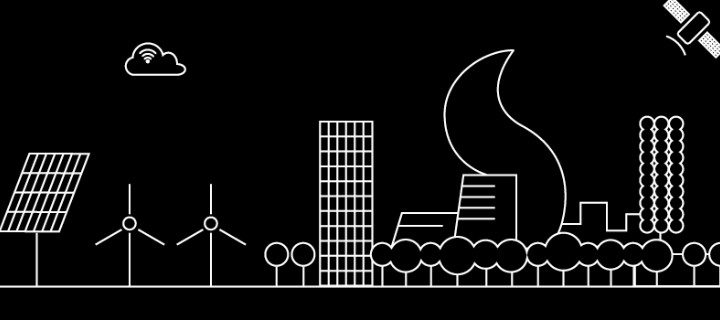Urbanization, climate change, employment, digitization, mobility and resource depletion are transforming societies. More than ever there is a need for high-quality digital infrastructure for better accessibility and urban air quality, energy-efficient homes and buildings, and a healthy environment. This makes the development of smart cities increasingly relevant.
Metropolitan challenges
Technology has been incorporated by cities for many years. However, the pace at which this adoption takes place is increasing rapidly as disruptive digital technologies have the potential to solve major metropolitan challenges. As a consequence, urban areas transform into ‘smart cities’.
A city is smart when investments in (i) human and social capital, (ii) traditional infrastructure and (iii) disruptive technologies fuel sustainable economic growth and a high quality of life, combined with thoughtful management of natural resources, through participatory governance.
Disruptive technology, data and human behavior
In the transformation to become a smart city, disruptive technology is only one of the drivers. The second ingredient of smart cities is data, the lifeblood of smart solutions. The challenge is to use the power of data to create smart solutions that address real needs of city users and are perceived as meaningful by them. Their intuitive design causes them to be adopted naturally, resulting in changes of behavior that are lasting. In the end, smart solutions are all about human behavior. Finally, the third cornerstone of smart cities is smart people. Focus on employability and winning the ‘war for talent’ is vital for sustainable economic growth.
Click here to read the complete article.

Je kunt niet meer reageren.